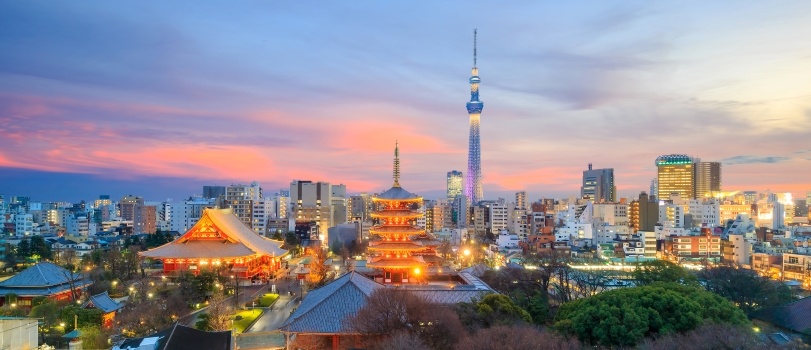Japan Amends Positive List Regulations and Annex to Table 1 (Monomer List)

Japan’s Consumer Affairs Agency (CAA) amended the Japanese Positive List for synthetic resins and additives thereto as the raw material of apparatus, containers or packaging for food. Notification No. 601 applies to Annex 16 of Table 1, specifically for polymers where acrylic acid is the main monomer and the total portion of essential monomers is at least 50% of the polymer composition. The key changes to the PL include:
- A restriction on the use of alkyl acrylate in polymers where the alkyl group contains 18 carbon atoms;
- The addition of dicyclopentanyl methacrylate to the list of permitted monomers as an “essential monomer”; and
- The removal of use limits for the optional substance 2-[3-(2H-benzotriazol-2-yl)-4-hydroxyphenyl]ethyl methacrylate.
In another notification, No. 625, CAA amended the Ministry of Health, Labour and Welfare (MHLW) Notification 1130, No. 4, which was originally published on November 30, 2023. This document explains the general enforcement policy of Japan’s National PL effective from June 1, 2025. The changes include the addition of a section on synthetic resins or additives contained in inks and a section stating that apparatus, containers, and packaging used for food additives are not within the scope of the PL.
Additionally, CAA made the following updates to the Questions & Answers document on the Positive List System concerning inks (Q17-2), surface treatments for glass fibers (Q20-40), substances cleared as direct food additives and used as additives in synthetic resins (Q36-2), etc. Notably, the response to newly added Q42 notes that the functional barrier can be confirmed via specified diffusion modeling without performing migration tests.